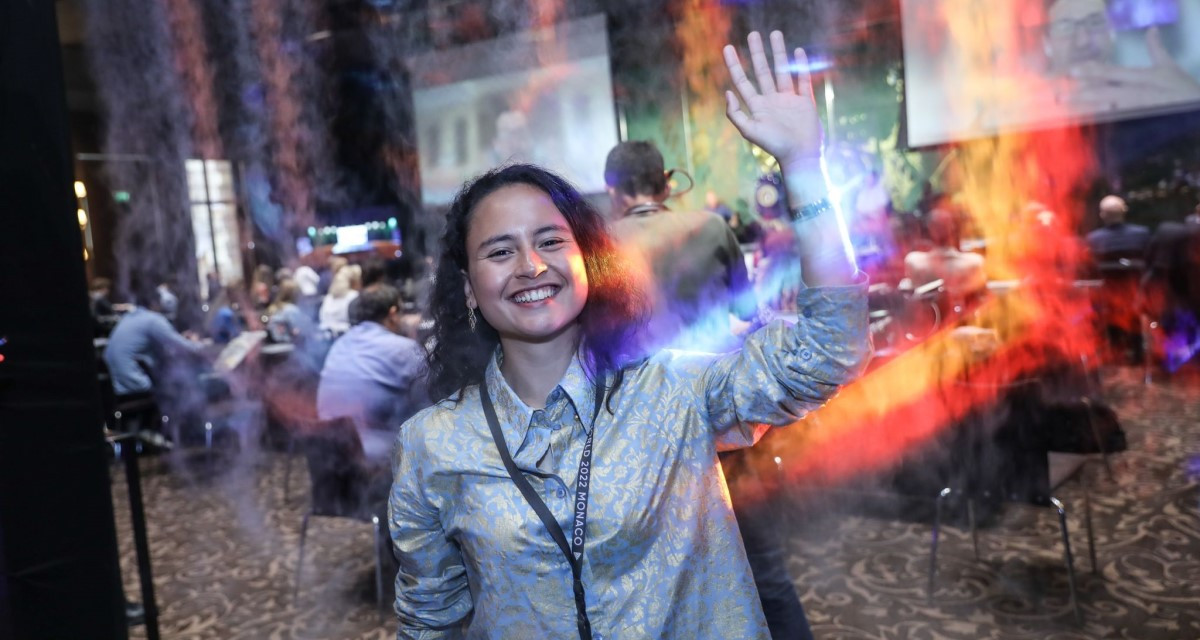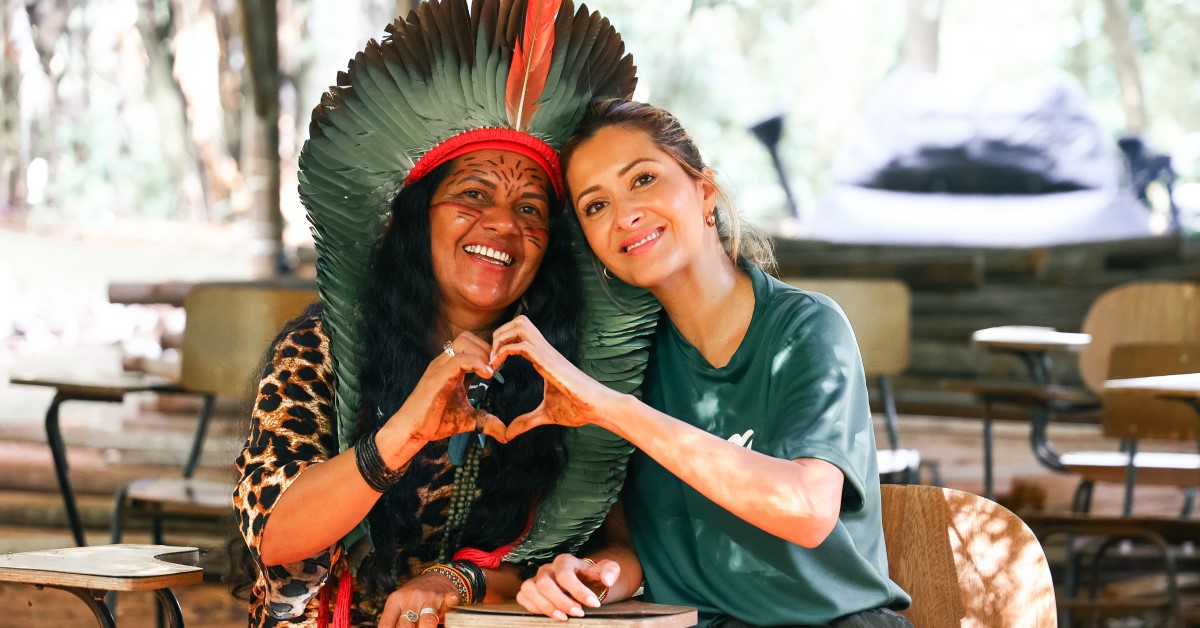Solving Monaco’s twin problems of an ageing population and a lack of space, we bring you: the metaverse
Words: Jonathan Whiley
One minute I’m in a luxury boutique considering my couture options; the next I’m on the sun-dappled balcony of an apartment overlooking Monaco’s Port Hercules. What next? Shirley Bassey’s penthouse for a rendition of Big Spender? In the rather trippy metaverse, suddenly anything seems possible.
In reality – my reality, AKA the real world – I’m standing by the Casino de Monte-Carlo with a virtual headset strapped to my head, experiencing the Monaco metaverse for the first time. I could in theory (and this is both the beauty and marketability) be anywhere in the world.
But what exactly is the metaverse? In essence, it’s a virtual world; one in which millions of people can live, shop and invest.
It has become one of 2022’s buzzwords with Facebook’s Mark Zuckerberg renaming his platform ‘Meta’, such is his confidence that it will come to define our future. That move brought it into the mainstream and with big tech and private equity companies investing vast sums (said to be £120 billion in the first five months of 2022 alone), it’s big business.
ABI Research estimated that metaverse-related markets “could reach two trillion dollars in global revenue by 2030”.
The woman behind the Monaco metaverse is Italian technopreneur, Manila Di Giovanni. The 21-year-old, CEO of Monaco-based software company Dworld, has been a resident of Monaco since 2018, having travelled to the principality for her studies. After spending time in Asia – she did her semester in Shanghai and internship in Singapore – she accumulated knowledge in the field of artificial intelligence.

“My goal at the beginning was to gather more experience, especially in the financial sector. I always wanted to connect the real world with the virtual world, because I saw it as the future.
“I was influenced by Japanese culture as well, where all of this virtual reality was being displayed in their animations. I didn’t know how, but in Asia I discovered how.”
In late 2019, when “metaverse was not yet a buzzword”, Manila started working with Monaco’s smart city department (which aims to improve the experience of living in Monaco) to create a prototype of the old town district.
“Its strength is its size,” says Manila. “It’s a state that is less than 2km basically and with our team – between LA, Italy and the Philippines – we created the prototype and we are expanding to new districts like Monte-Carlo.
“Our goal is not just what Monaco is like now, but the smarter, greener, more futuristic version in the next five to 10 years’ time.
We want it to be a tool for urban planning and to be involved in the city’s decision-making process. We decided to build this ecosystem, integrating all the main economic sectors; retail, real estate, yachting, art, sports and much more, within one single platform solution, which is the metaverse of Monaco.”
The biggest challenge is regulation. In the metaverse, transactions take place using cryptocurrency, which has been criticised for a culture of “Wild West trading” with unregulated transfers and transactions leaving it open to money laundering.
“The financial system needs to move forward and the government needs to implement the right regulations in order to make the enterprises operate in this new virtual world. Currently everyone does what they want and many companies here use a third-party company that is based in Switzerland or Malta, where these regulations are already set up for them to manage all the various NFT [nonfungible tokens, crypto assets] transactions.
“Since we want to develop this for the principality itself and co-operate with the government, community, enterprises – not just locally but from abroad – we need all of these regulations to be well set up.”
Initially, Manila had planned to travel to Singapore to launch a start-up, but recognised there was an opportunity in Monaco.
“I took it as a challenge to start here, because there is no great innovation about actual technology, so I wanted to cover that space.”
She likes Prince Albert II’s vision to attract a younger generation and to digitise the country, with plans to become a leading smart city.
“It’s about targeting younger generations. In Monaco, currently, there are too many old people and it’s seen as a retirement area. The goal of the principality is to attract and maintain younger talent – and the metaverse can be a fundamental tool to do that.”
The metaverse could solve one of Monaco’s biggest issues: space. There are several ongoing projects to create more, but a virtual world offers an unlimited amount.
As for the timeline for the metaverse of Monaco to be signed off and launched? “I’m urging by the end of the year,” says Manila. “Because otherwise there is a huge risk of other platforms coming out.”
What of the future beyond Monaco; could there be, say, a metaverse of Mayfair? “Yes, that is why once we have received the full government stamp and the regulations set up, our goal is to expand in other cities.
“Currently, the majority of platforms operating in the metaverse are very cartoon-ish and based on fantasy lands rather than a representation of the actual real world city.
“We are looking to be the first private company to have the government stamp, which would make it easier to pitch to various governments all over the world.”








